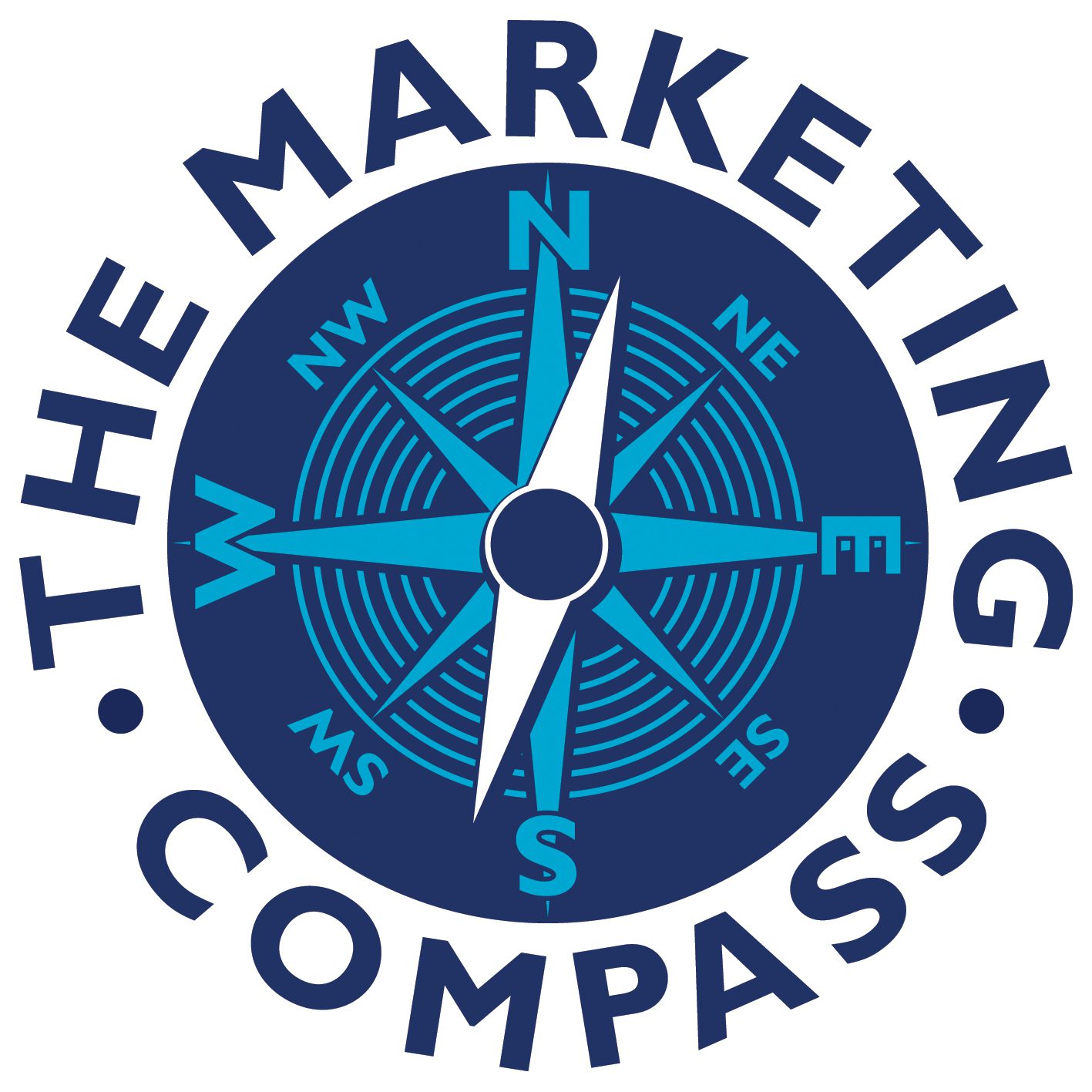Every business has a quick answer to this question. When I ask my seminar audiences, they are happy to describe their customers to me. However, I wonder how deep their knowledge goes?
In post industrial fast moving economies, the lines have become blurred, when it comes to trying to pin people down in terms of job title or demographics. In the last century, the paper that I read, my postcode, job title and age would give you a reasonably clear idea of buying preferences. This has become much more of challenge in recent years.
Business to Business: The usual attributes include: organisation type, job title and where they are based.
Consumer marketing: Typical attributes include: gender, age, socio-economic group and where they live (i.e. postcode).
Additional information (B2B and B2C) would include who influences them, and what media do they read, listen to and watch?
Think in terms of a timeline: dormant, current and prospective customers. What are the differences between these different groups?
Questions to ask yourself include: who influences the buying decision? Does your promotional mix reach them? Who makes the decision to buy? Why would they buy from you again?
Many buying decisions are influenced by word of mouth. This far outweighs the direct influence of social media on buyers. How can you reach the people that influence the sale is a key question to ask yourself.
An email marketing list can be really helpful – particularly if subscribers reveal information about themselves via a sign-up form. This can be cross referenced to the customer lists within your CRM. Your CRM should have a considerable amount of information about your customers (taking into account the data protection legal requirements).
Surveys can help, however, it can be difficult to get people to help with this. Haing said this, I am amazed by the small percentage of companies that bother to ask for customer feedback. The easiest way to get feedback is via a smartphone, by the way.
Above all, you need to continually talk to customers and meet with them in person. No machine or software program can replace the nuanced information that happens when two people talk to each other.
Finally, try and see your brand, products and services from your customers’ perspective. If you were one of your customers – what would you think of your marketing, service and performance?

